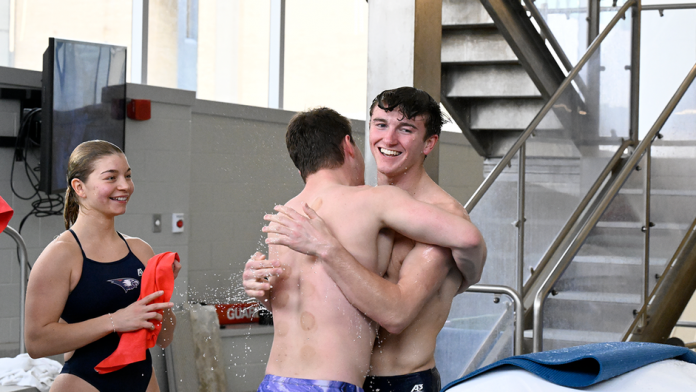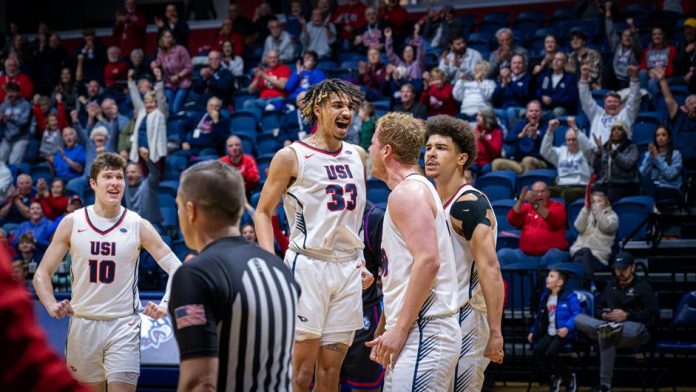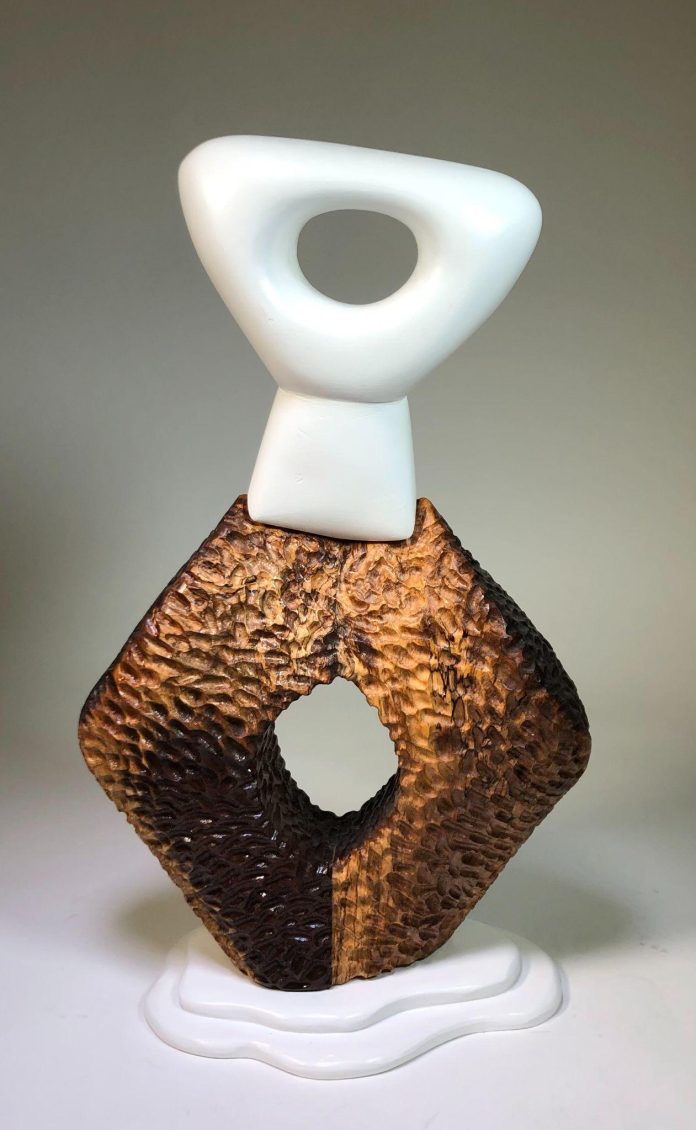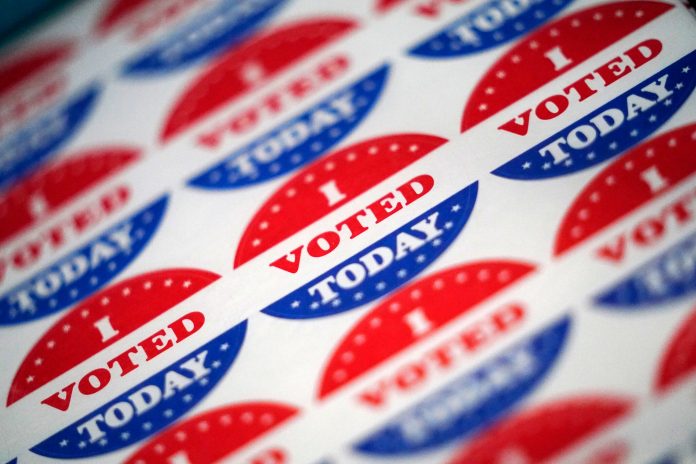VOTING INEQUITIES: Federal judge agrees merit selection disenfranchises Black voters in 3 Indiana counties, but says he can’t overturn
JANUARY 17, 202
By Marilyn Odendahl
The Indiana Citizen
January 17, 2024
Despite agreeing with the plaintiffs that merit selection process for choosing Superior Court judges in Lake County likely violates Section 2 of the Voting Rights Act of 1965, a federal judge has ruled that precedent from the 7th U.S. Circuit Court of Appeals required him to find in favor of the state of Indiana.
Judge Philip Simon of the Northern Indiana District Court issued his order Thursday, granting the summary judgment motion filed by the state of Indiana and Secretary of State Diego Morales in City of Hammond et al. v. Lake County Judicial Nominating Commission, 2:21-cv-160.
Simon was convinced by the plaintiffs’ argument that the state is violating Section 2 of the Voting Rights Act of 1965 by not allowing the voters in the three Indiana counties where roughly two-thirds of the state’s Black voters live to directly elect their Superior Court judges. Yet, while he agreed the state has used merit selection to deny the citizens of Lake County the right to vote for Superior Court judges on the basis of race and said the state’s argument supporting merit selection “makes little sense to me,†Simon said he had to rule for the state because he was “bound by the controlling authority†of the 7th Circuit.
“Based on the undisputed statistics, more than 80% of white Hoosiers of voting age live in judicial circuits where all state court judges are elected,†Simon wrote in his order. “By comparison, the three counties (including Lake County) in which Superior Court judges are appointed subject to retention votes are home to 66% of Indiana’s black voting age residents. To say the least, as it relates to choosing judges, there’s a huge disparity between how Indiana’s white and black citizens are treated.â€
The remaining three claims in the plaintiffs’ lawsuit assert the Lake County judicial selection and retention process violates the Article 1, Section 23 (prohibiting the state from granting a privilege to one citizen or class that is not granted equally to all citizens) and Article 4 Section 23 (requiring that all laws must apply uniformly throughout the state) of the Indiana Constitution. However, Simon declined to “exercise supplemental jurisdiction†and rule on the state law claims.
‘Not so subtle reference to race’
Hammond mayor Thomas McDermott and other plaintiffs filed a lawsuit against the state of Indiana, the Indiana Secretary of State, the Lake County Judicial Nominating Commission and the Lake County Board of Elections challenging merit selection in May 2021. The plaintiffs argued Lake County voters are given the “lesser and unequal right†of only being allowed to vote for the retention of the judges who are appointed by the governor.
Indiana has two systems for selecting Superior Court judges. In most counties, the Superior Court judges are elected by popular vote but, as the court’s order notes, merit selection is used in Marion, Lake and St. Joseph counties. Under this system, judicial nominating commissions in those three counties interview and nominate three individuals to any seat that opens in their superior courts. The governor then chooses one of the nominees to become the new judge.
The court’s order pointed out that nearly 66% of Black residents age 18 or above – or two-thirds of voting-age Black residents – live in Marion, Lake and St. Joseph counties.
The plaintiffs asserted the state is using merit selection to suppress the voices of minority voters. To support their argument, they pointed to a statement from the Indiana Secretary of State’s general counsel, Jerold Bonnet, who in an affidavit said, “A merit selection process is essential in a highly populated and highly diverse jurisdiction like Lake County to provide safeguards for limiting political influence in Lake County superior courts.â€
Simon also took issue with Bonnet’s statement.
“Let’s not beat around the bush: the reference to ‘diversity’ is a not so subtle reference to race,†Simon wrote in his order. “The State thus appears to acknowledge that the ‘diversity’ of Lake County, meaning the significant presence of racial minorities among its electorate, is a reason that superior court judges are not chosen by election but by a merit selection process instead. In the language of (Section)2, the State of Indiana has imposed a procedure on Lake County that denies its citizens the right to vote for superior court judges on account of race or color.â€
However, Simon said the 7th Circuit’s opinion in Quinn v. Illinois, “stands in the way†of granting summary judgment for the plaintiffs.
In Quinn, voters challenged an Illinois law that enabled the Chicago mayor to appoint the members of the city’s school board. The voters argued the law violated the Voting Rights Act, because it was disproportionately impacting minority voters since school board members elsewhere in Illinois were elected.
The 7th Circuit rejected the plaintiffs’ Voting Rights Act argument. The appellant panel concluded, in part, that since no one in Chicago votes for the school board, all the voters in the city are treated equally as Section 2 requires.
Relying on Quinn, the state defendants argued that the Lake County voters should be compared to themselves and not to the voters across the state as a whole. Simon, in his ruling, wrote that the state asserted “without any supporting explanation or cite to any authority†that the “correct electorate to compare Lake County minority voters to is other Lake County registered voters and not Indiana as a whole.â€
Simon was mystified. “This makes little sense to me,†he wrote.
“In a situation that involves a state judicial office, whose officers are paid by the state, who collect a state pension upon retirement and whose positions are a creation of state law, I’m at a loss to see why the appropriate comparison isn’t the State’s entire voting system.â€
The plaintiffs countered by pointing to the 2021 U.S. Supreme Court’s ruling in the Section 2 Voting Rights Act case of Brnovich v. Democratic National Committee. Here, the justices advised courts to consider the state’s entire system of voting when assessing how much voters are burdened by the challenged provision.
Simon concluded that under Brnovich, the Indiana General Assembly cannot “withhold the right to vote for state judicial office†in counties with a high percentage of Black voters, while conferring that right in counties with “overwhelmingly white voters.â€
But, again, Simon maintained the binding precedent is from the 7th Circuit and the plaintiffs’ attempt to distinguish Quinn from the Lake County case failed. In particular, the plaintiffs argued Quinn involved a local office while their lawsuit concerns a “state office that all voters across the state vote on†but, Simon noted, they cite no authority and their argument is unpersuasive.
“With respect, I find the Seventh Circuit’s reasoning in Quinn, and the cases in which it cites, to be unsatisfying, especially in light of Brnovich …,†Simon wrote. “Nonetheless, Quinn is controlling law and I am not free to disregard it where it plainly applies. And I agree with the State Defendants that Quinn is controlling here.â€
Dwight Adams, a freelance editor and writer based in Indianapolis, edited this article. He is a former content editor, copy editor and digital producer at The Indianapolis Star and IndyStar.com, and worked as a planner for other newspapers, including the Louisville Courier Journal.









